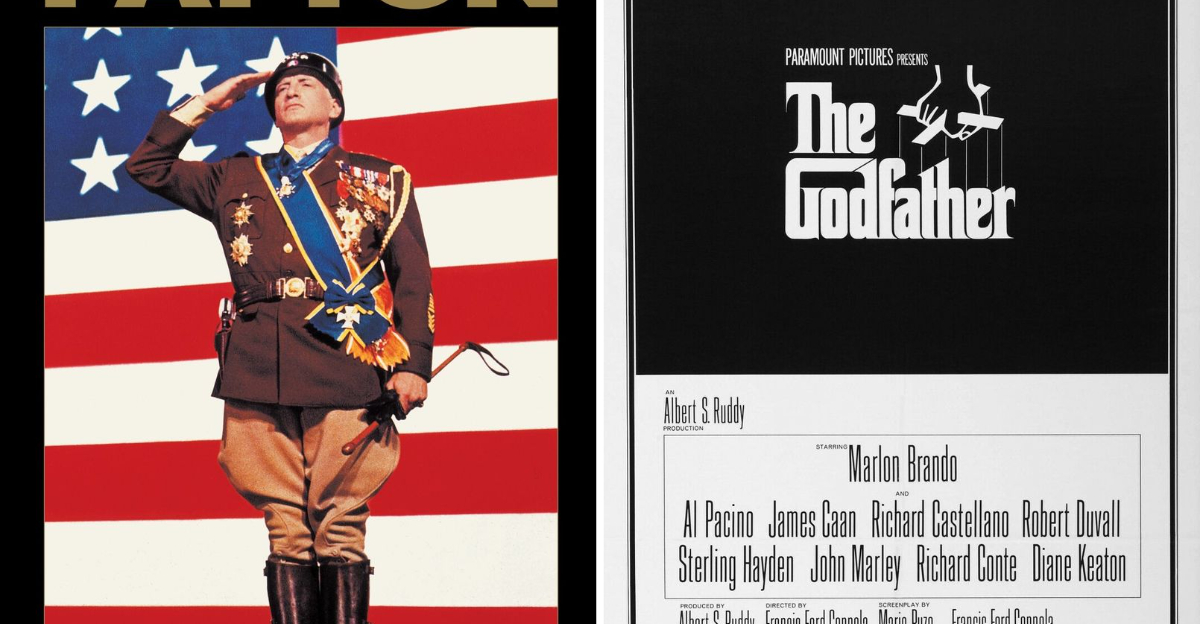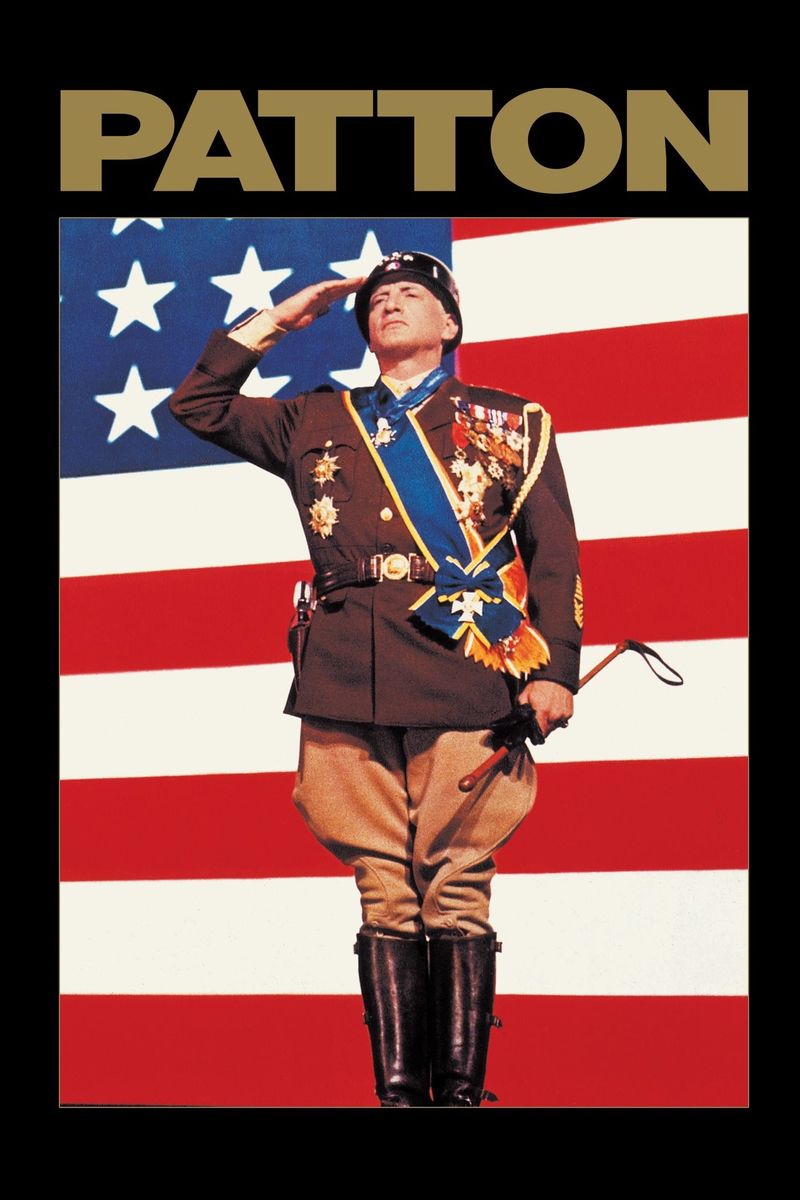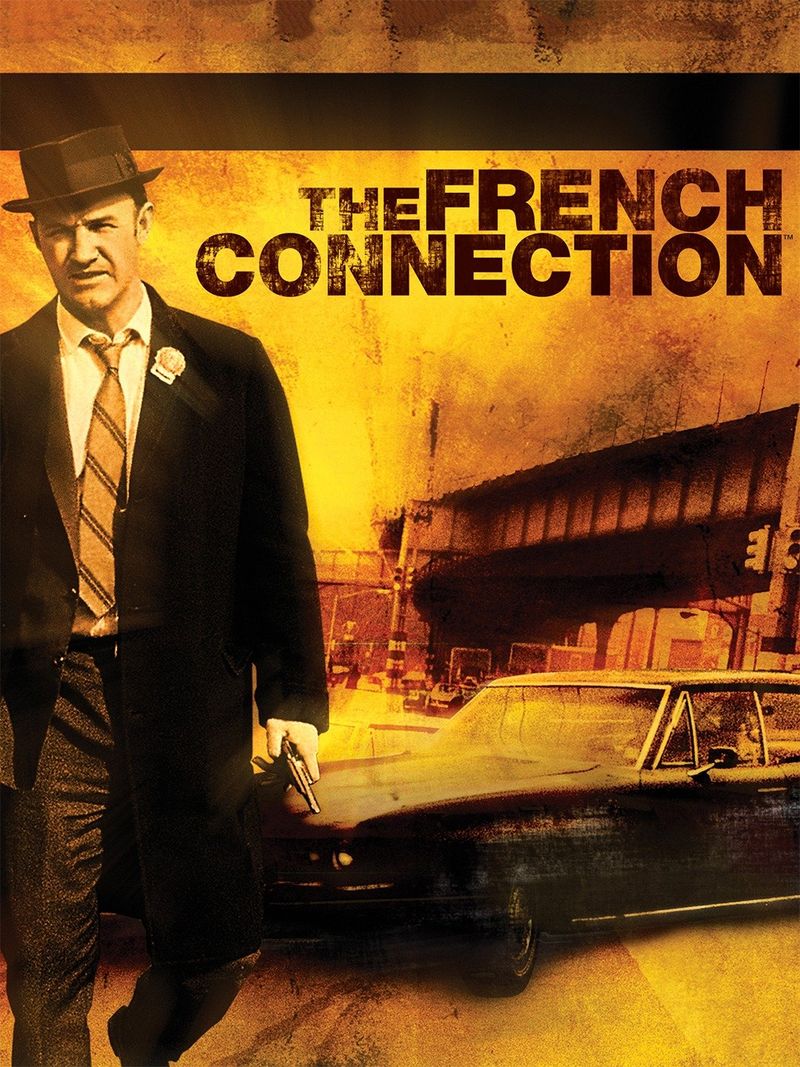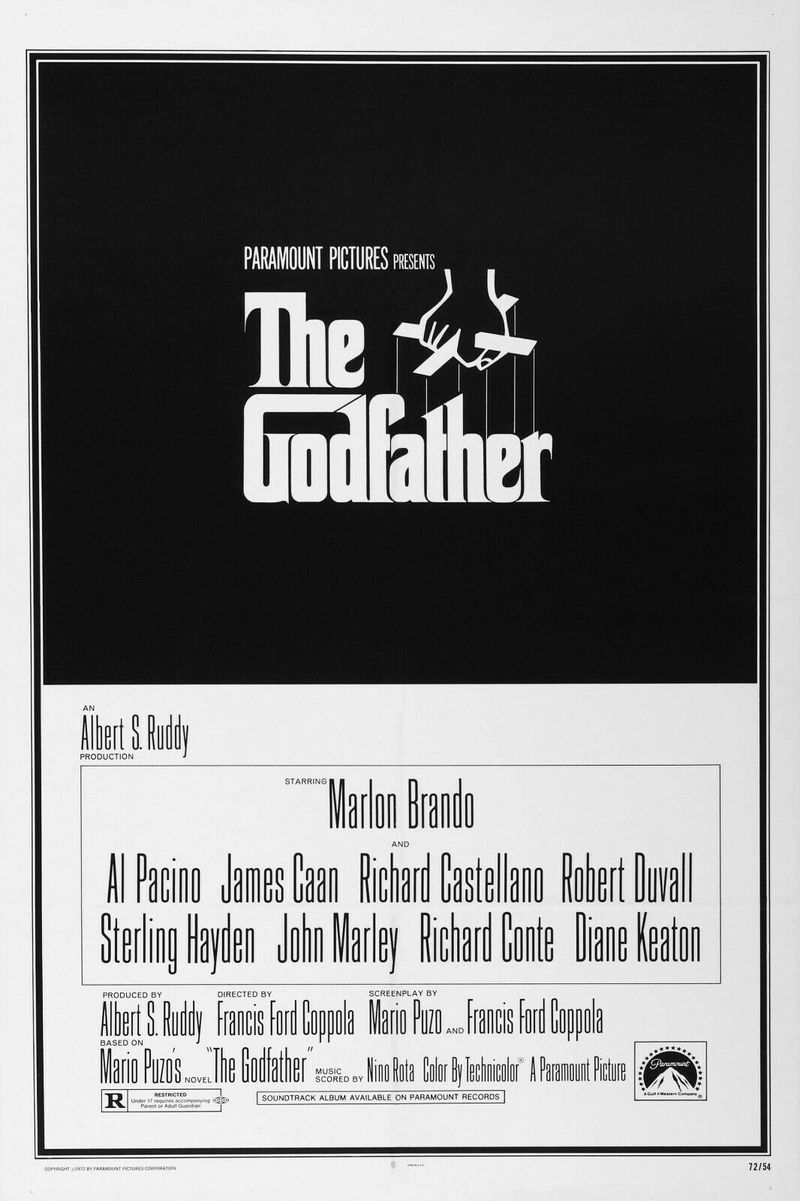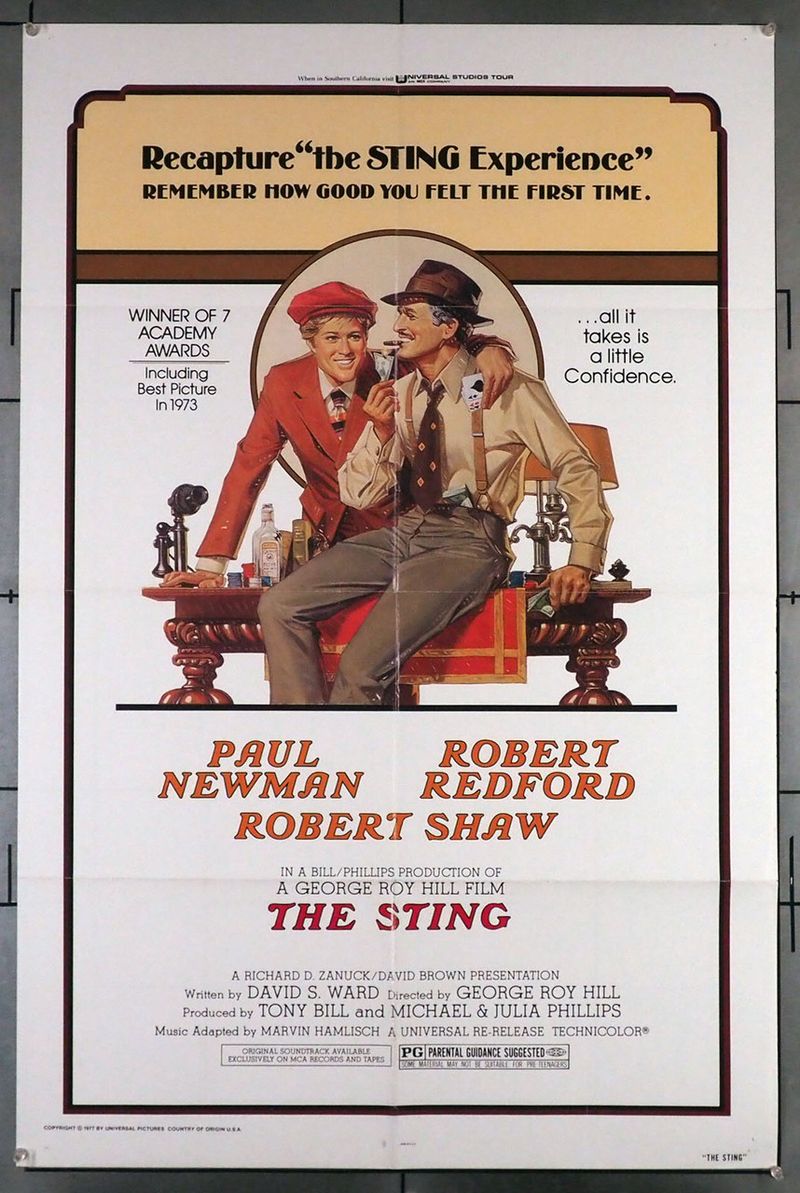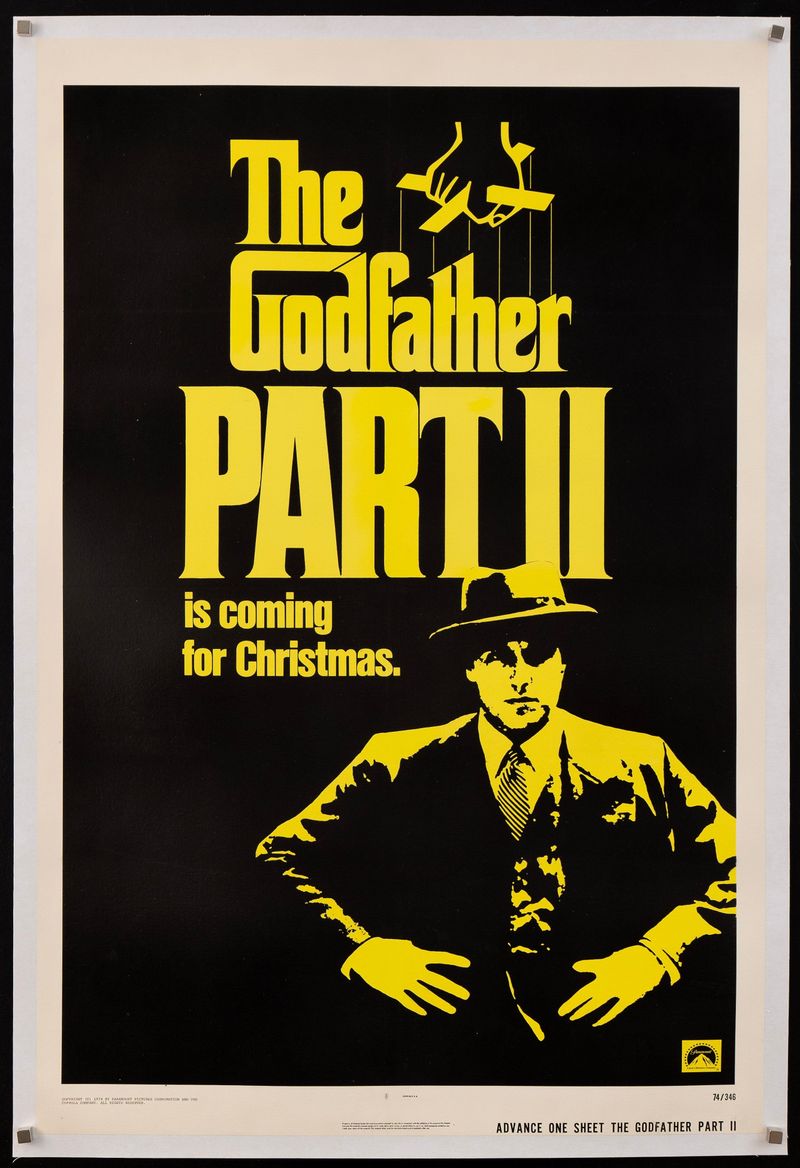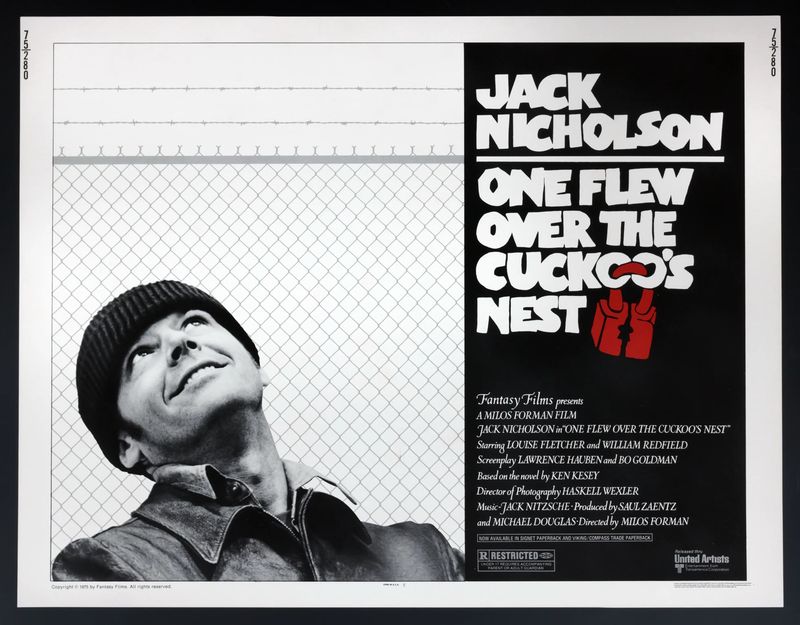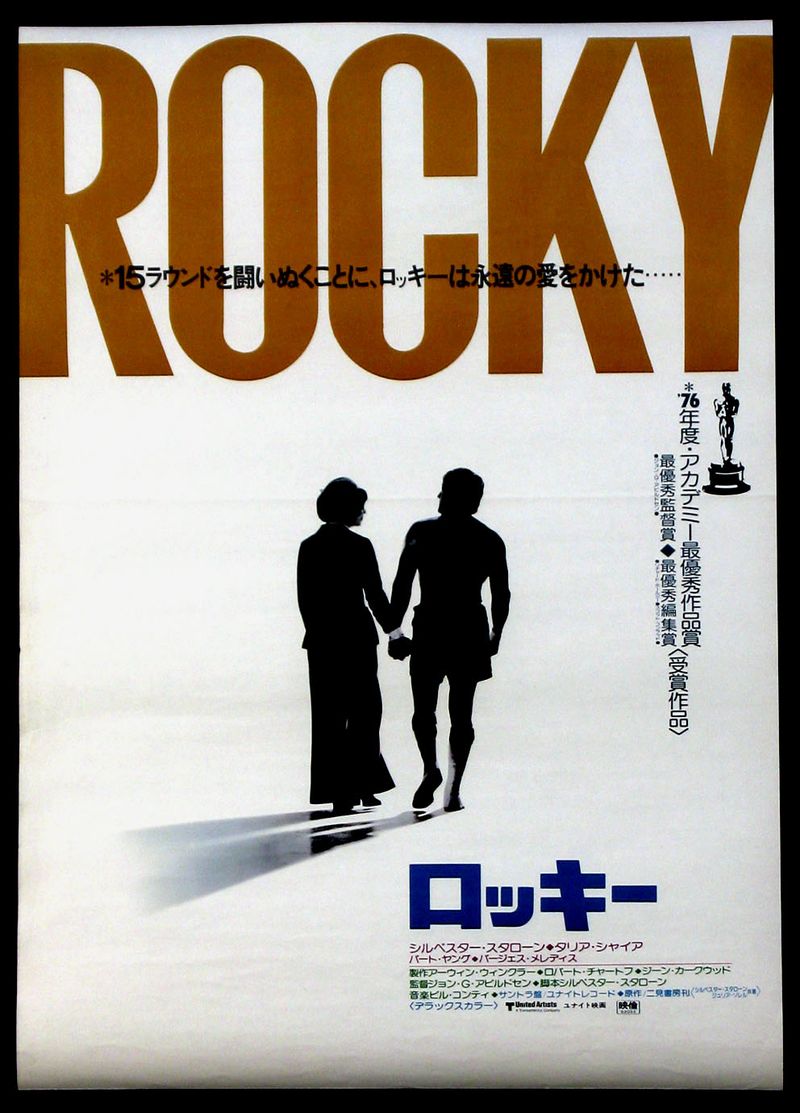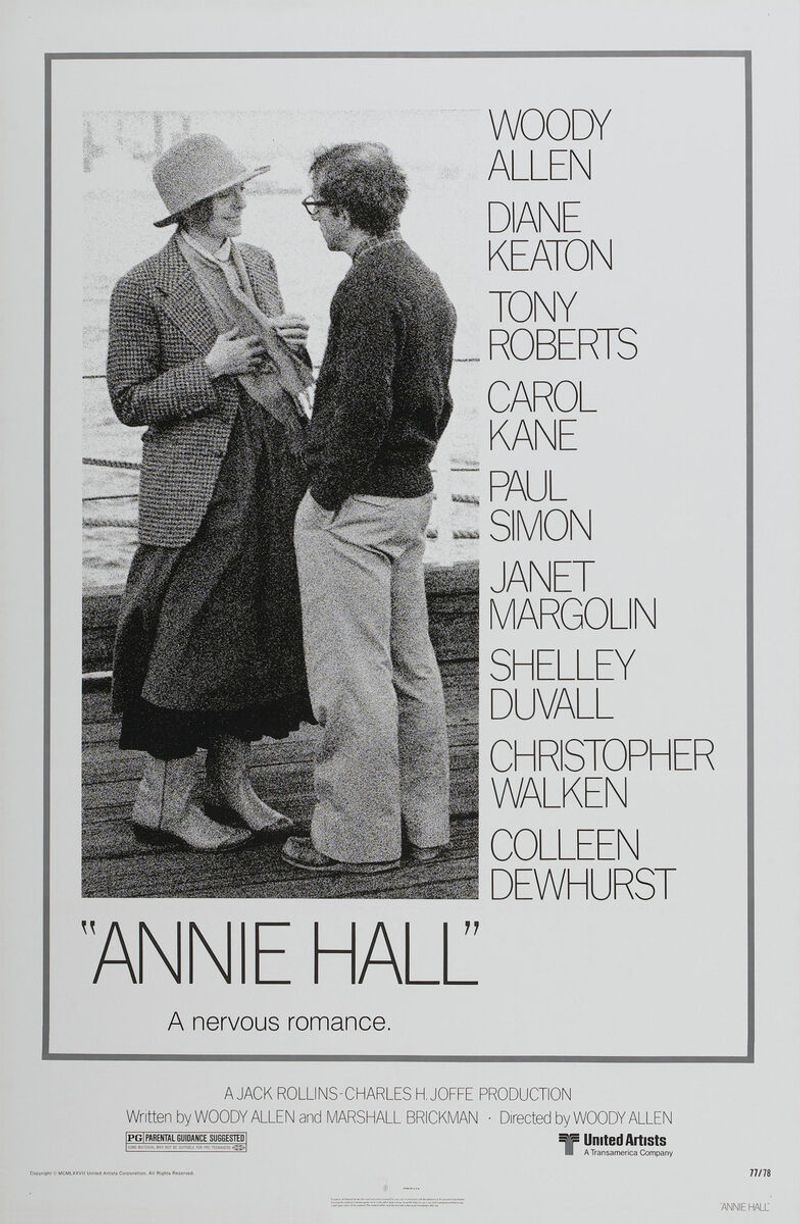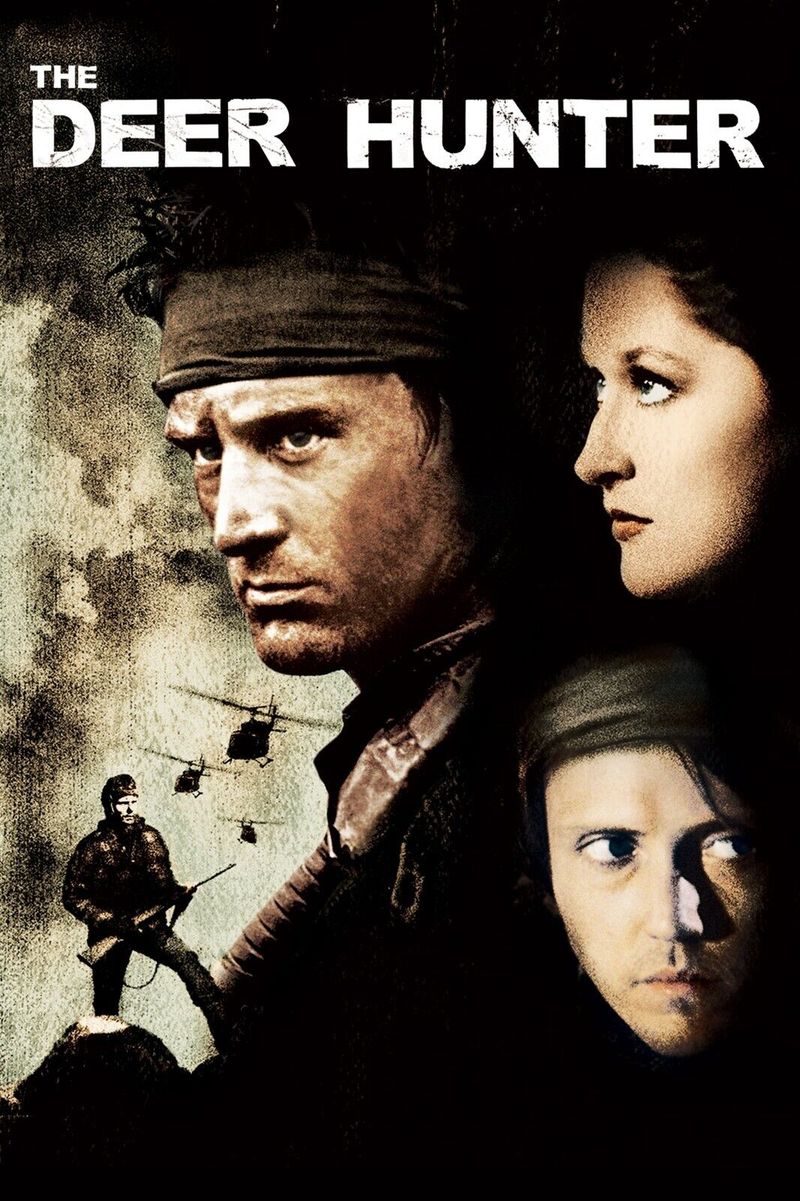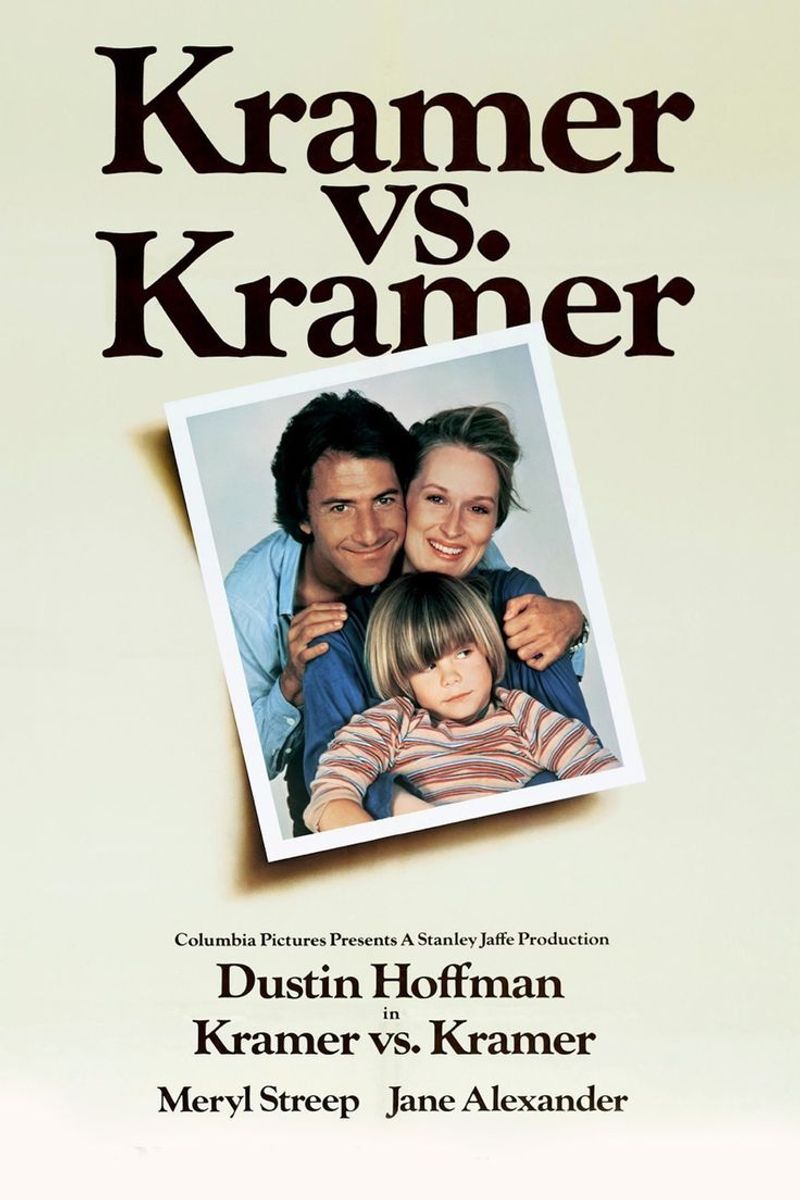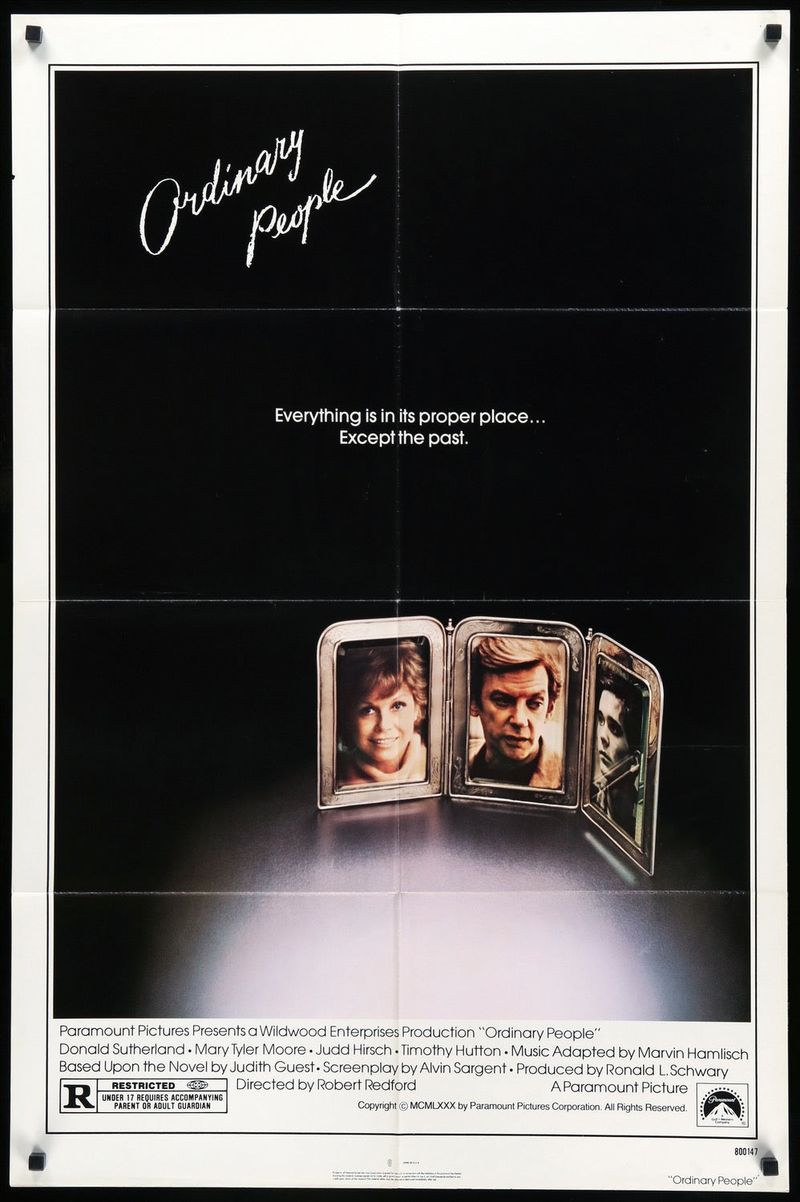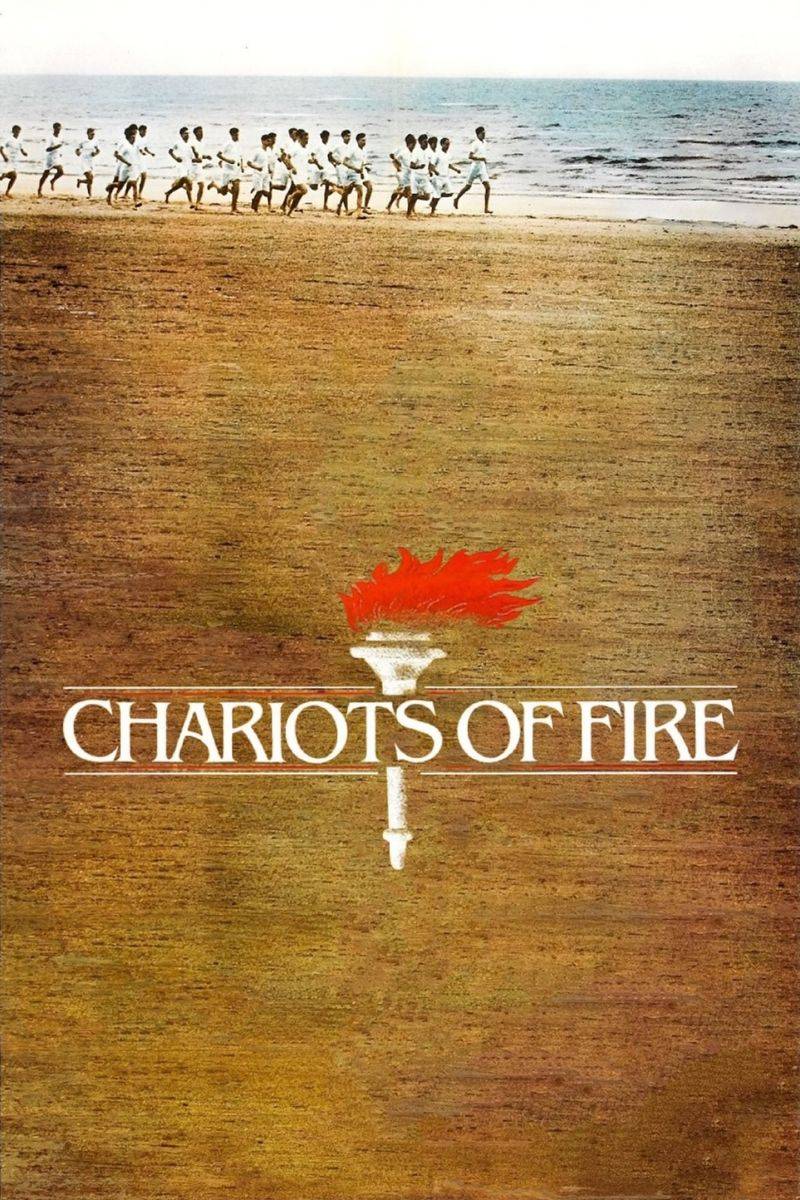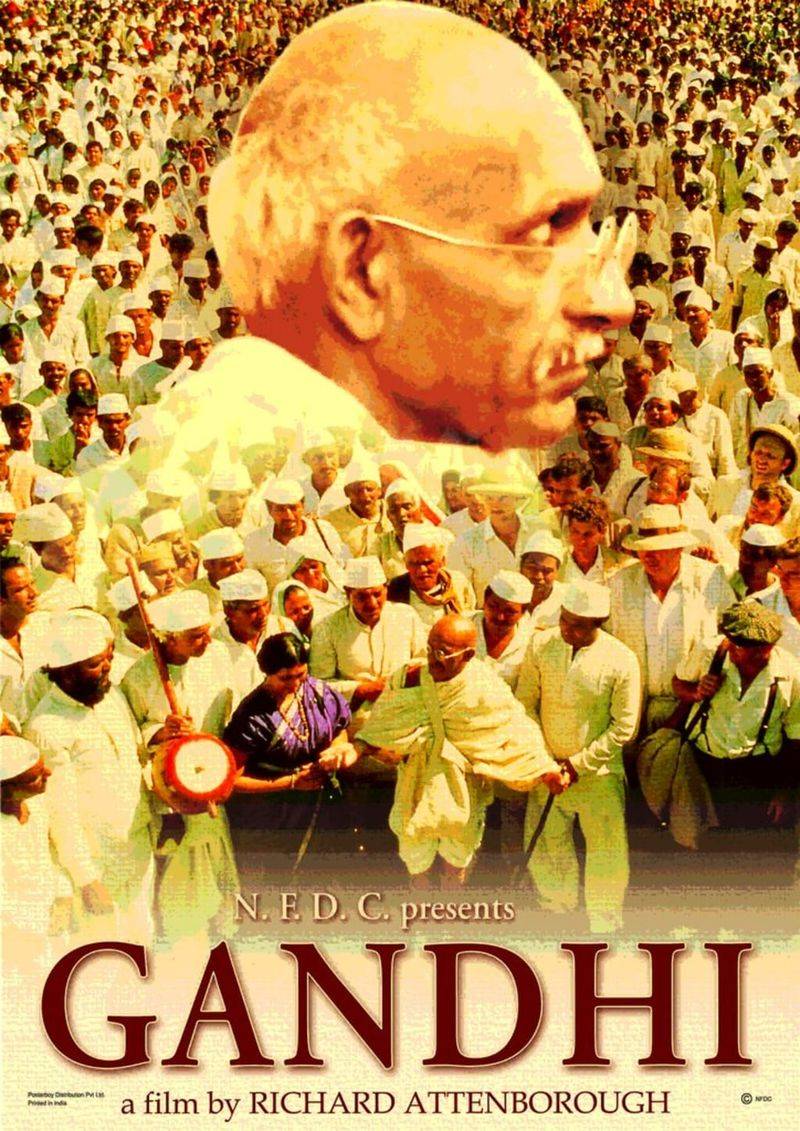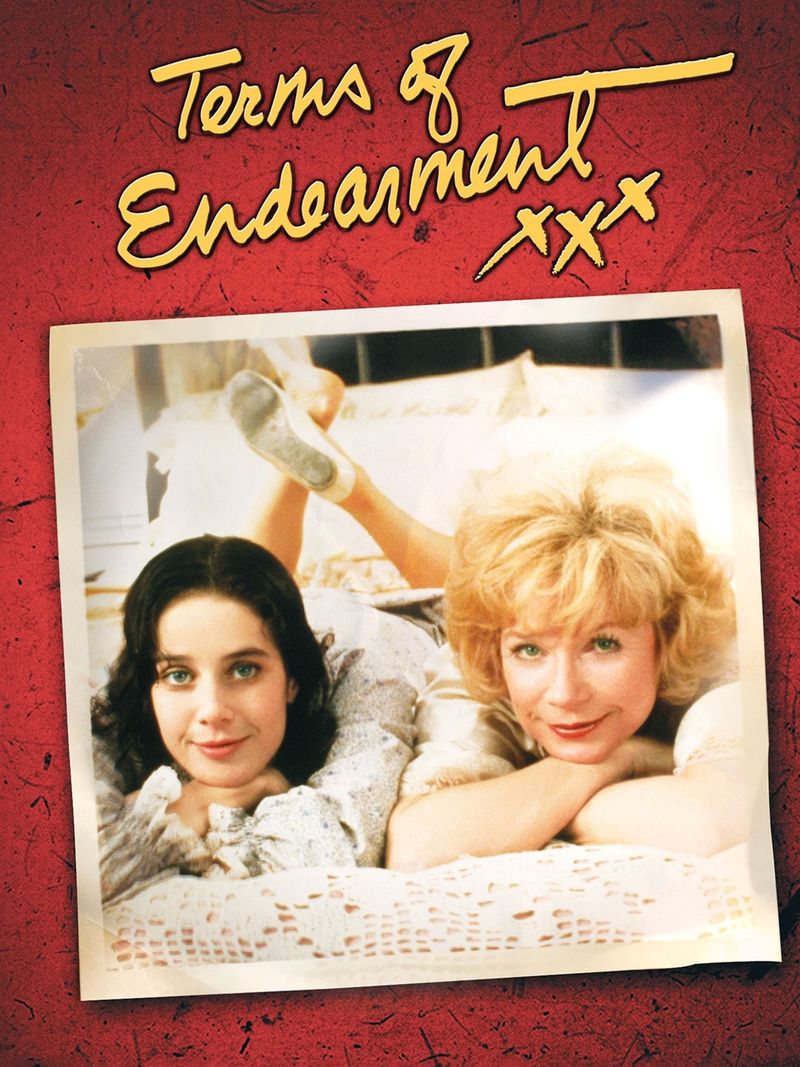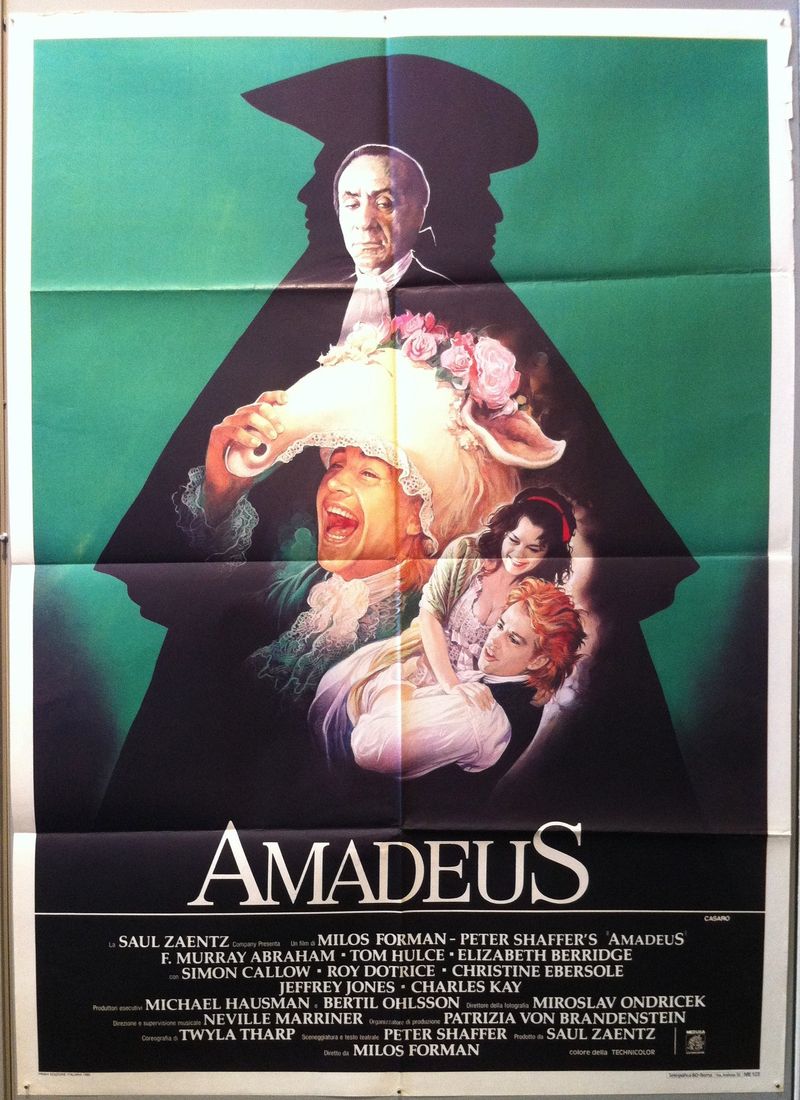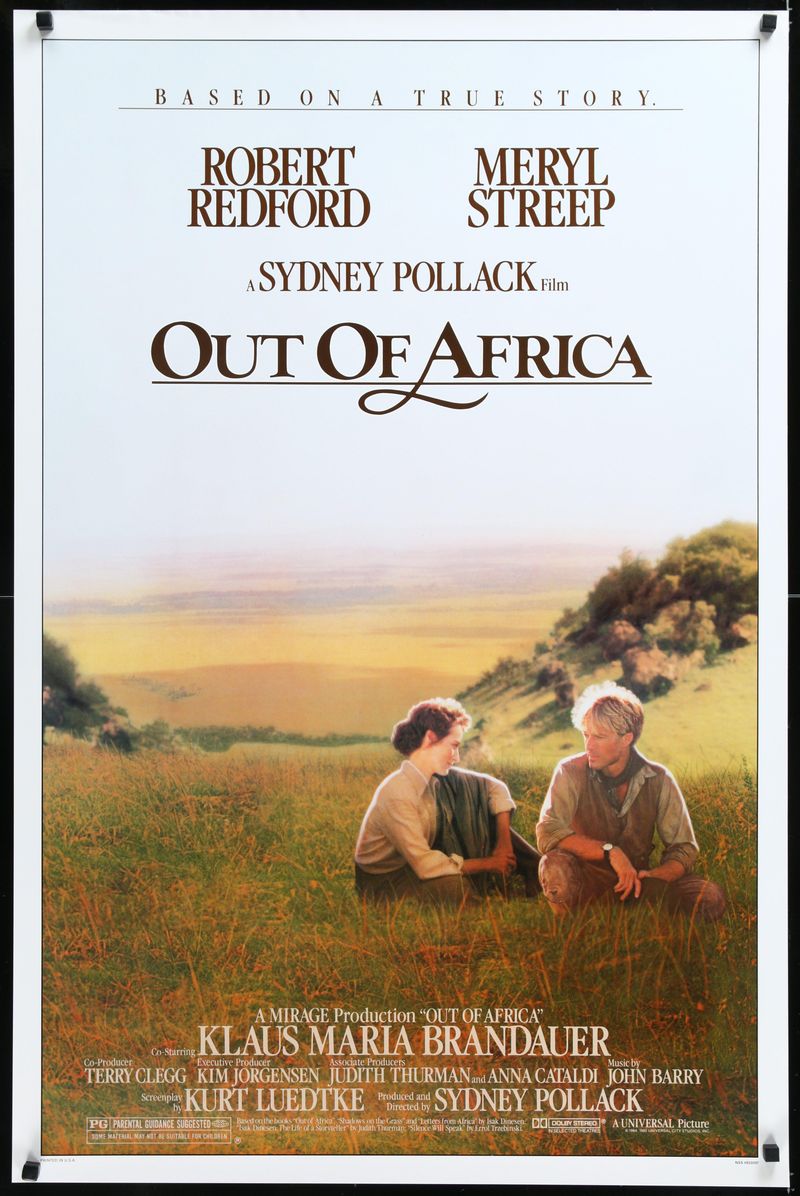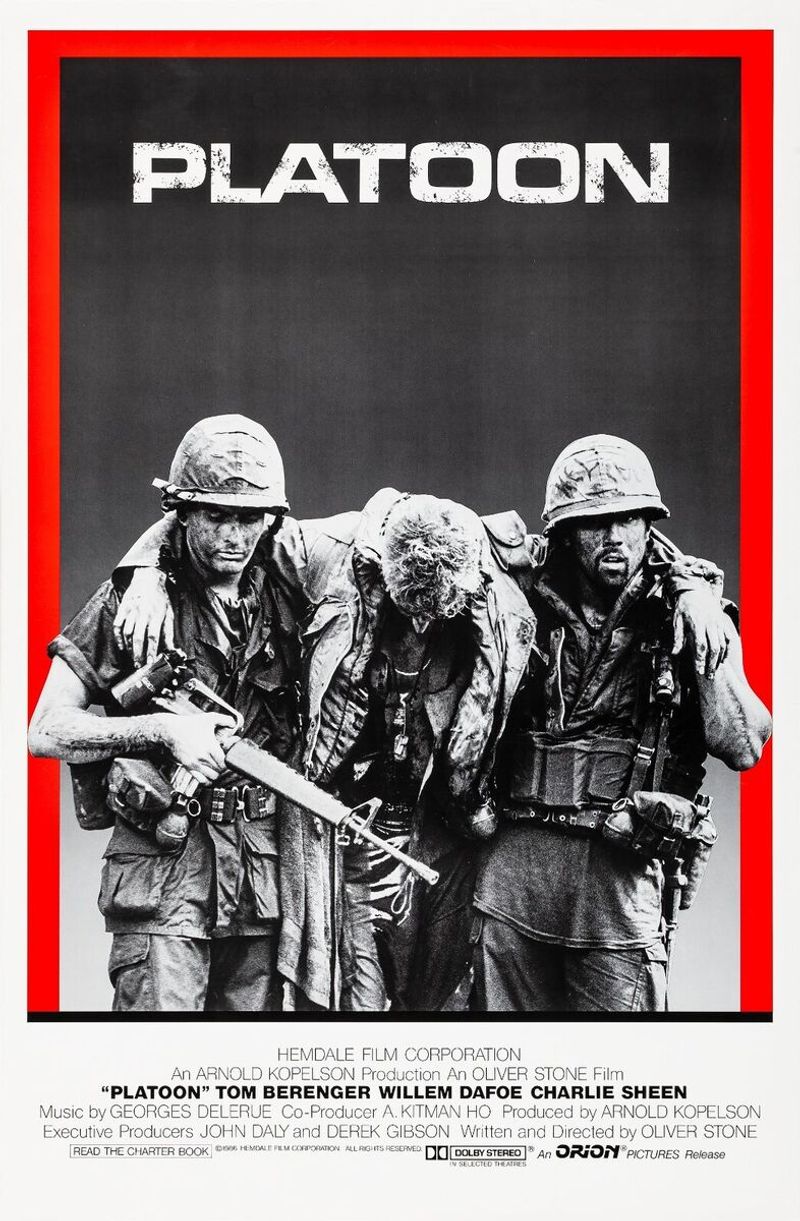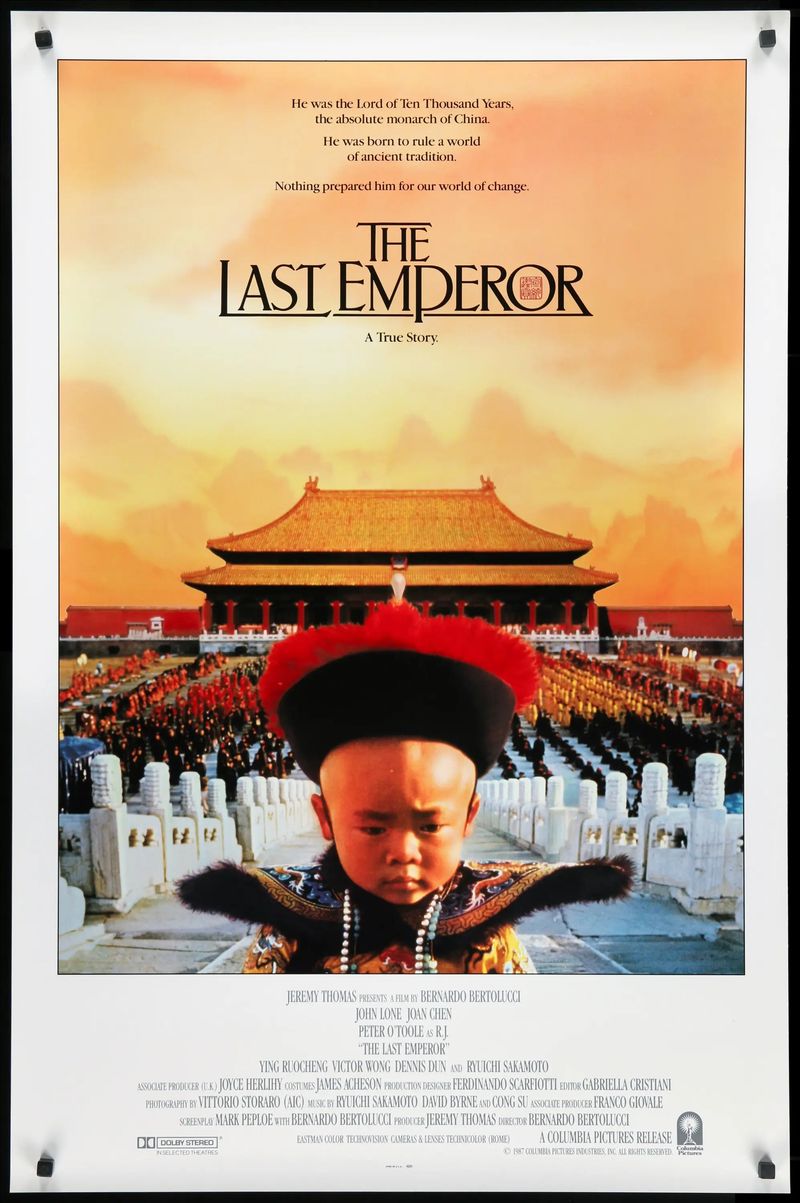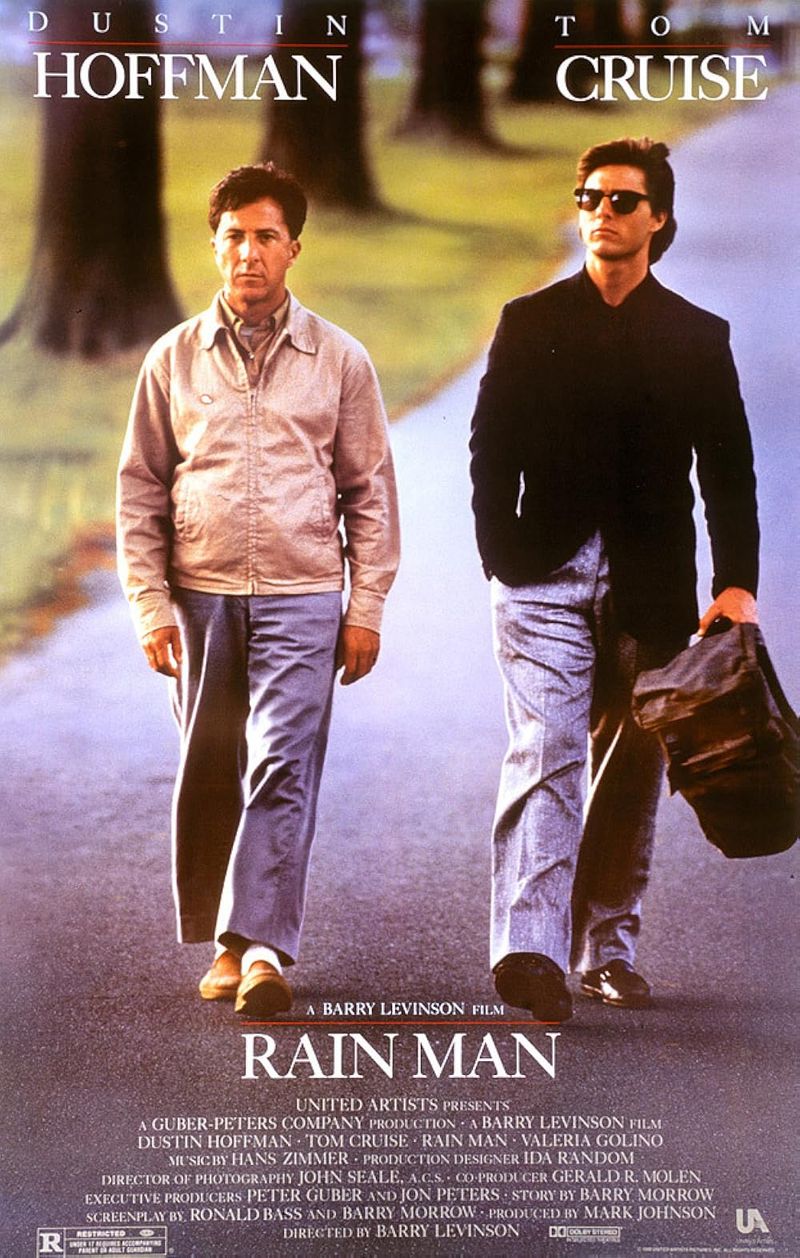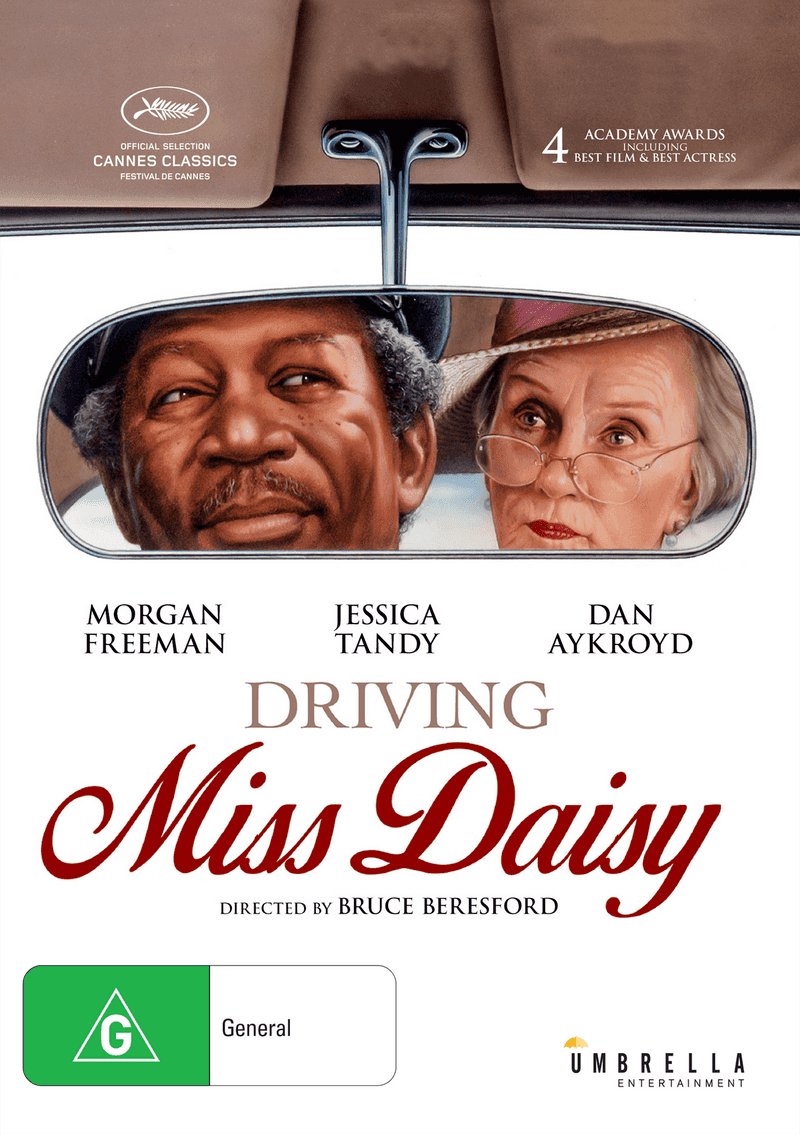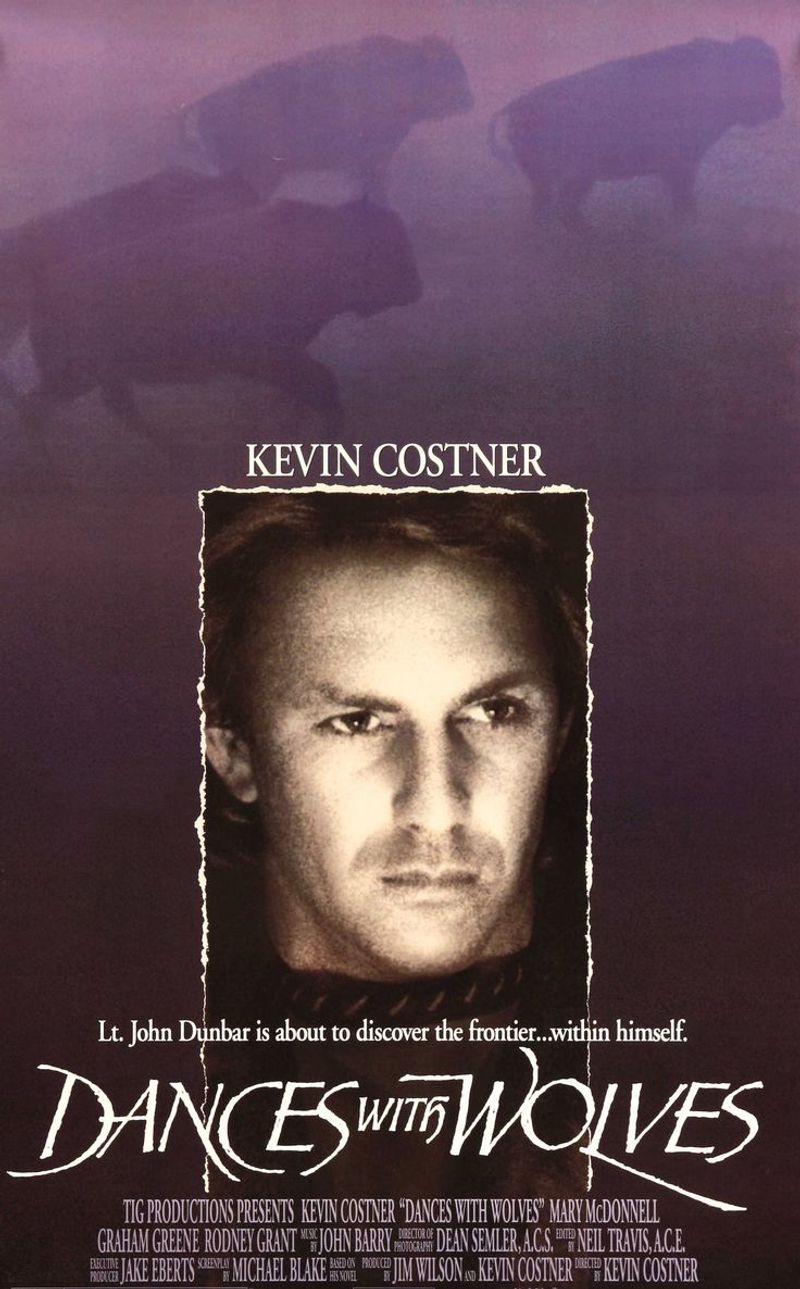Explore the remarkable journey of Oscar-winning films from 1971 to 1991, a period that witnessed diverse storytelling, groundbreaking performances, and visionary direction. This era in cinema was marked by films that not only entertained but also reflected significant cultural and societal shifts. Join us as we take a closer look at the cinematic masterpieces that captured the prestigious Best Picture award at the Oscars, year by year, from 1971 through 1991.
1971: Patton
1971: Patton
“Patton,” directed by Franklin J. Schaffner, is a biographical war film depicting the controversial figure General George S. Patton during World War II. George C. Scott delivers a powerful performance, embodying Patton’s complex persona. The film’s opening scene, with Patton’s speech in front of an enormous American flag, remains iconic. The movie explores themes of leadership, patriotism, and the brutality of war.
Patton is both revered and criticized for his aggressive tactics and outspoken nature. The film won seven Oscars, including Best Picture, thanks to its strong performances and historical significance.
1972: The French Connection
1972: The French Connection
“The French Connection,” directed by William Friedkin, is a gripping crime thriller based on true events. Gene Hackman stars as Jimmy “Popeye” Doyle, a relentless New York City detective on a mission to bust a major heroin smuggling operation. The film is famous for its thrilling car chase through the streets of New York.
Hackman’s portrayal of Doyle is intense and captivating, capturing the gritty essence of 1970s urban life. The film’s raw energy and suspenseful narrative earned it five Oscars, including Best Picture and Best Director, solidifying its place in cinematic history.
1973: The Godfather
1973: The Godfather
Francis Ford Coppola’s “The Godfather” is an epic crime film that has become a cornerstone of American cinema. With Marlon Brando’s unforgettable performance as Vito Corleone, the film delves into the intricate world of an Italian-American crime family. The story explores themes of power, loyalty, and betrayal.
The Godfather’s cinematic style, powerful storytelling, and memorable performances earned it widespread acclaim. Winning three Oscars, including Best Picture, the film has left an indelible mark on the industry and continues to influence filmmakers worldwide.
1974: The Sting
1974: The Sting
Directed by George Roy Hill, “The Sting” is a stylish caper film starring Paul Newman and Robert Redford. Set in 1930s Chicago, the film follows two con men seeking revenge on a crime boss. Known for its clever plot twists and engaging performances, the film is a delightful blend of comedy and drama.
The chemistry between Newman and Redford is electric, bringing charm and wit to their roles. “The Sting” was celebrated for its screenplay and direction, winning seven Oscars, including Best Picture, and remains a beloved classic.
1975: The Godfather Part II
1975: The Godfather Part II
Continuing the saga, “The Godfather Part II,” directed by Francis Ford Coppola, serves as both a prequel and sequel to its predecessor. Al Pacino reprises his role as Michael Corleone, exploring his rise to power and the challenges he faces. The film also delves into the early life of Vito Corleone, played by Robert De Niro.
This dual narrative provides a rich tapestry of storytelling, earning the film six Oscars, including Best Picture. Its intricate plot and compelling performances have cemented it as one of the greatest sequels in film history.
1976: One Flew Over the Cuckoo’s Nest
1976: One Flew Over the Cuckoo’s Nest
Milos Forman’s “One Flew Over the Cuckoo’s Nest” is a poignant drama set in a mental institution. Jack Nicholson stars as Randle McMurphy, a rebellious patient who challenges the oppressive Nurse Ratched, played by Louise Fletcher. The film explores themes of individuality, authority, and freedom.
Nicholson’s charismatic performance and the film’s powerful narrative have made it a timeless classic. Winning all five major Academy Awards, including Best Picture, the film continues to resonate with audiences and provoke thought about mental health care.
1977: Rocky
1977: Rocky
“Rocky,” directed by John G. Avildsen, is an inspiring underdog story about a small-time boxer given a chance to fight the heavyweight champion. Sylvester Stallone stars as Rocky Balboa, a role that catapulted him to fame. The film is renowned for its motivational themes and iconic training montage.
Rocky’s journey from obscurity to fame resonates with audiences, symbolizing perseverance and determination. Winning three Oscars, including Best Picture, “Rocky” became a cultural phenomenon and launched a successful franchise, inspiring countless individuals worldwide.
1978: Annie Hall
1978: Annie Hall
Woody Allen’s “Annie Hall” is a romantic comedy that redefined the genre with its unique storytelling and humor. Diane Keaton stars as the charming and eccentric Annie Hall, opposite Allen’s neurotic character, Alvy Singer. The film explores the complexities of modern relationships with wit and authenticity.
Keaton’s portrayal of Annie is both endearing and relatable, capturing hearts with her quirky style. The film won four Oscars, including Best Picture, and remains a beloved classic for its innovative narrative structure and insightful commentary on love and life.
1979: The Deer Hunter
1979: The Deer Hunter
Directed by Michael Cimino, “The Deer Hunter” is a powerful war drama that explores the impact of the Vietnam War on a group of friends from Pennsylvania. Robert De Niro, Christopher Walken, and Meryl Streep deliver riveting performances in this emotionally charged film.
The film’s depiction of war and its aftermath, including the infamous Russian roulette scene, earned it critical acclaim. Winning five Oscars, including Best Picture, “The Deer Hunter” is a haunting exploration of friendship, trauma, and the human spirit in the face of adversity.
1980: Kramer vs. Kramer
1980: Kramer vs. Kramer
“Kramer vs. Kramer,” directed by Robert Benton, is a poignant drama about a couple’s tumultuous divorce and subsequent custody battle. Dustin Hoffman and Meryl Streep deliver heartfelt performances as Ted and Joanna Kramer, navigating the complexities of parenthood and personal growth.
The film’s exploration of familial relationships and shifting gender roles resonated with audiences, earning it five Oscars, including Best Picture. Its emotional depth and authenticity continue to impact viewers, making it a timeless exploration of love, loss, and reconciliation.
1981: Ordinary People
1981: Ordinary People
Robert Redford’s directorial debut, “Ordinary People,” is a sensitive drama that delves into the emotional struggles of a family dealing with grief and loss. Donald Sutherland and Mary Tyler Moore deliver powerful performances as the parents coping with their son’s death.
The film’s exploration of mental health, communication, and healing resonated with audiences and critics alike. Winning four Oscars, including Best Picture, “Ordinary People” remains a poignant portrayal of human resilience and the complexities of family dynamics.
1982: Chariots of Fire
1982: Chariots of Fire
Directed by Hugh Hudson, “Chariots of Fire” is an inspiring historical drama about two British athletes competing in the 1924 Olympics. The film explores themes of ambition, faith, and perseverance, following the journeys of Eric Liddell and Harold Abrahams.
The iconic Vangelis score and the memorable beach running scene have become synonymous with the film’s legacy. Winning four Oscars, including Best Picture, “Chariots of Fire” continues to inspire audiences with its timeless message of dedication and the pursuit of excellence.
1983: Gandhi
1983: Gandhi
Richard Attenborough’s “Gandhi” is an epic biographical film chronicling the life of Mahatma Gandhi, the leader of India’s nonviolent independence movement. Ben Kingsley delivers a transformative performance, embodying Gandhi’s philosophy and determination.
The film’s sweeping narrative and historical authenticity captivated audiences, earning it eight Oscars, including Best Picture. “Gandhi” remains a powerful depiction of one man’s unwavering commitment to peace and justice, inspiring generations to pursue nonviolent resistance and social change.
1984: Terms of Endearment
1984: Terms of Endearment
James L. Brooks’ “Terms of Endearment” is a heartfelt drama that explores the intricate bond between a mother and daughter over three decades. Shirley MacLaine and Debra Winger deliver captivating performances, capturing the emotional nuances of their characters’ relationship.
The film’s blend of humor and pathos resonated with audiences, earning it five Oscars, including Best Picture. Its exploration of love, loss, and family dynamics continues to touch viewers, making it a beloved classic that celebrates the complexities of human connection.
1985: Amadeus
1985: Amadeus
“Amadeus,” directed by Milos Forman, is a captivating historical drama that delves into the life and music of Wolfgang Amadeus Mozart. Tom Hulce stars as the eccentric composer, while F. Murray Abraham plays his envious rival, Antonio Salieri. The film explores themes of genius, jealousy, and the complexities of artistic creation.
The lavish production design and powerful performances earned “Amadeus” eight Oscars, including Best Picture. Its exploration of Mozart’s legacy and the nature of creativity continues to captivate audiences, making it a timeless masterpiece.
1986: Out of Africa
1986: Out of Africa
“Out of Africa,” directed by Sydney Pollack, is a sweeping romantic drama based on the true story of Karen Blixen, portrayed by Meryl Streep. Set against the stunning backdrop of the African savannah, the film explores Blixen’s complex relationship with hunter Denys Finch Hatton, played by Robert Redford.
The film’s breathtaking cinematography and poignant storytelling captivated audiences, earning it seven Oscars, including Best Picture. “Out of Africa” remains a timeless exploration of love, loss, and the enchanting beauty of Africa’s landscapes.
1987: Platoon
1987: Platoon
Oliver Stone’s “Platoon” is a gritty war drama that draws from his own experiences as a soldier in Vietnam. Charlie Sheen stars as Chris Taylor, a young recruit thrust into the chaos and brutality of war. The film’s unflinching depiction of combat and its psychological impact resonated with audiences.
“Platoon” won four Oscars, including Best Picture, for its raw portrayal of war’s horrors. It remains a powerful exploration of morality, camaraderie, and the human cost of conflict, leaving a lasting impression on viewers.
1988: The Last Emperor
1988: The Last Emperor
Directed by Bernardo Bertolucci, “The Last Emperor” is an epic biographical film about the life of Puyi, the last Emperor of China. John Lone delivers a compelling performance as Puyi, navigating the tumultuous political landscape of 20th-century China.
The film’s sweeping narrative and visually stunning cinematography earned it nine Oscars, including Best Picture. “The Last Emperor” offers a poignant exploration of identity, power, and transformation, providing a window into a pivotal period in Chinese history.
1989: Rain Man
1989: Rain Man
Barry Levinson’s “Rain Man” is a touching drama about the unexpected bond between two brothers. Dustin Hoffman delivers a remarkable performance as Raymond Babbitt, an autistic savant, opposite Tom Cruise as his brother Charlie. The film explores themes of family, understanding, and personal growth.
Hoffman’s portrayal of Raymond earned critical acclaim, and the film’s heartfelt narrative won four Oscars, including Best Picture. “Rain Man” continues to resonate with audiences for its insightful depiction of autism and its celebration of familial love.
1990: Driving Miss Daisy
1990: Driving Miss Daisy
Bruce Beresford’s “Driving Miss Daisy” is a heartwarming drama that explores the evolving relationship between an elderly Jewish woman and her African-American chauffeur in the American South. Jessica Tandy and Morgan Freeman deliver captivating performances, bringing depth to their characters’ friendship.
The film’s exploration of race, aging, and friendship earned it four Oscars, including Best Picture. “Driving Miss Daisy” remains a beloved classic, celebrated for its touching portrayal of human connection and social change.
1991: Dances with Wolves
1991: Dances with Wolves
Kevin Costner’s “Dances with Wolves” is an epic Western that tells the story of Lieutenant John Dunbar’s journey of self-discovery among the Sioux tribe. Costner’s dual role as director and star brought authenticity to this visually stunning film.
The film’s themes of cultural understanding and environmental appreciation resonated with audiences, earning it seven Oscars, including Best Picture. “Dances with Wolves” continues to inspire with its rich storytelling and breathtaking portrayal of the American frontier.
